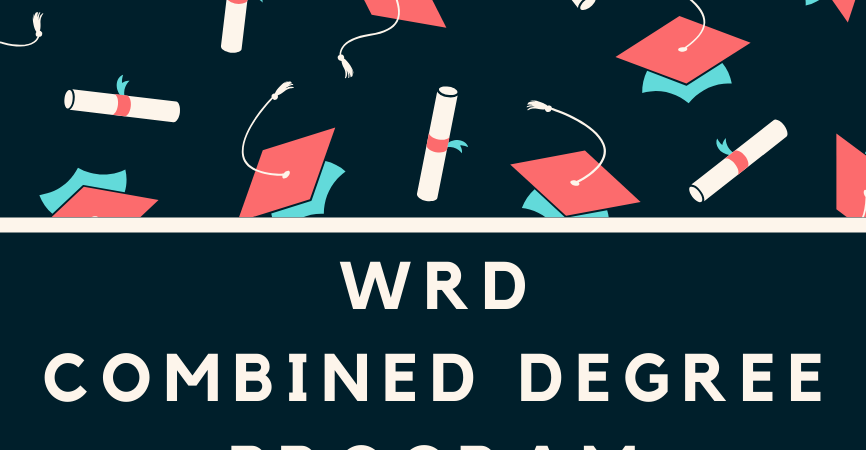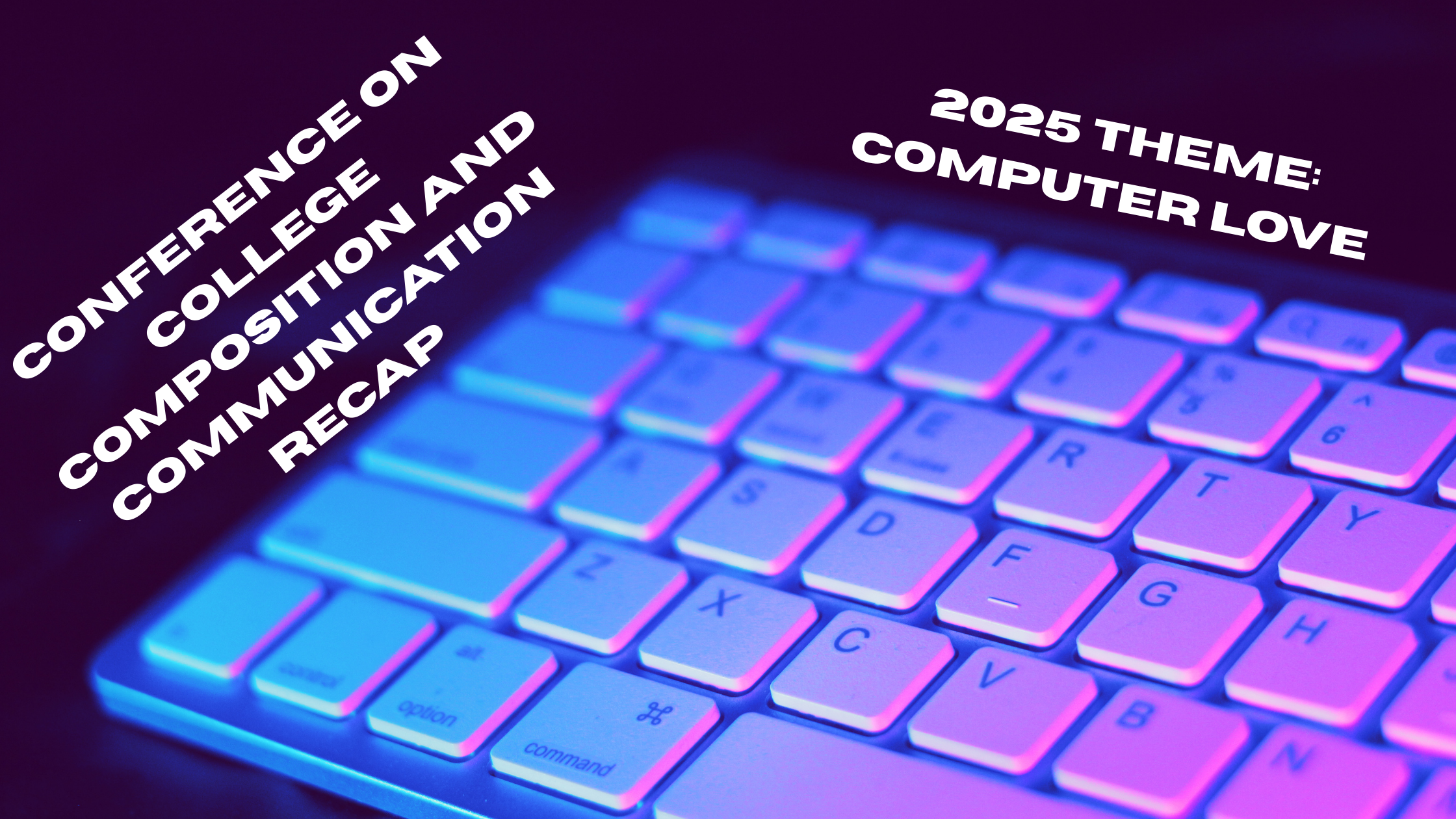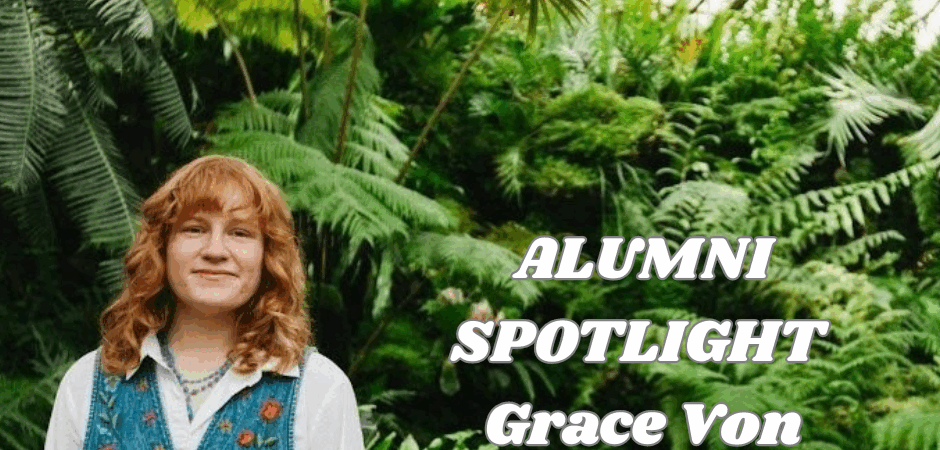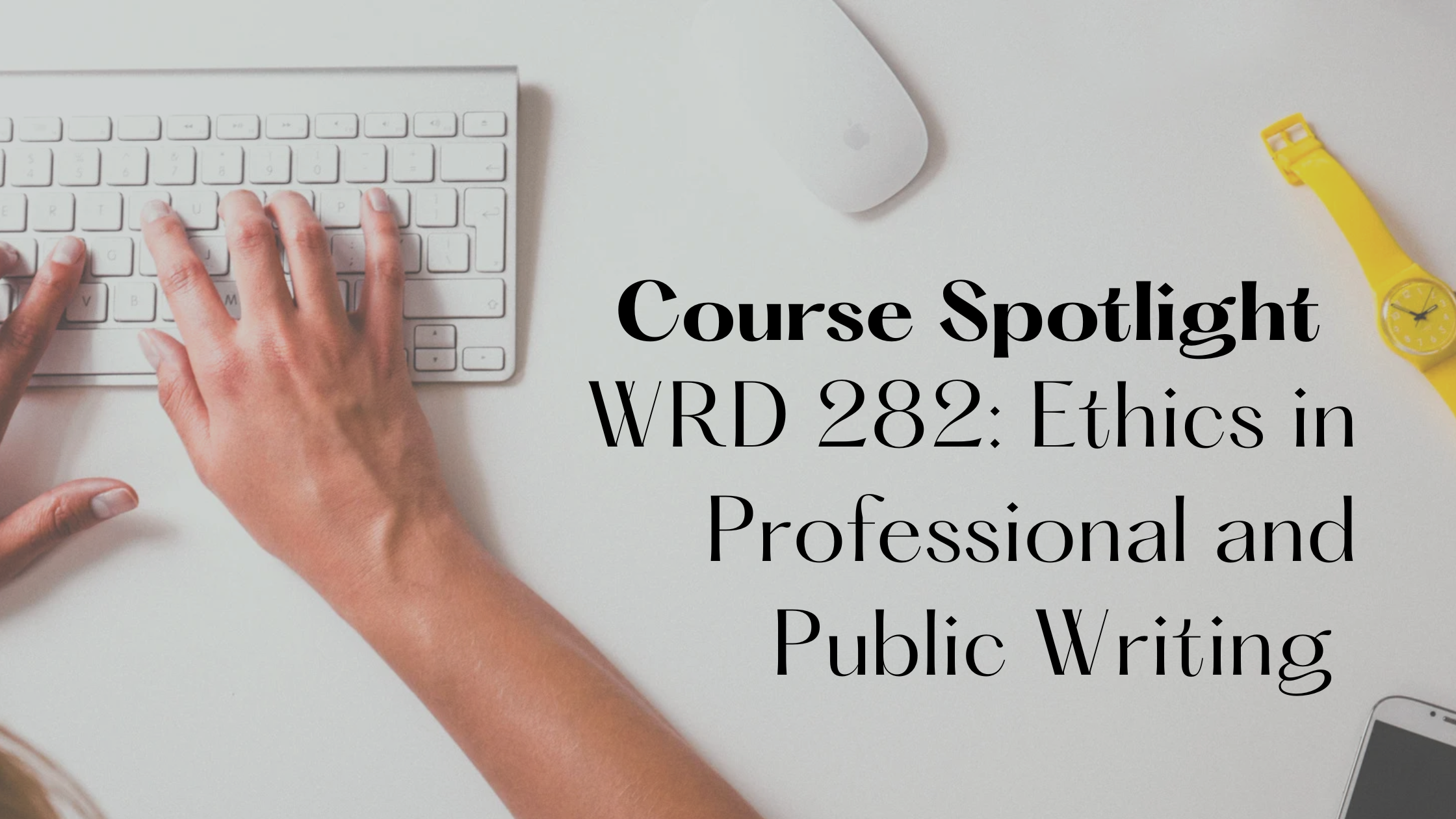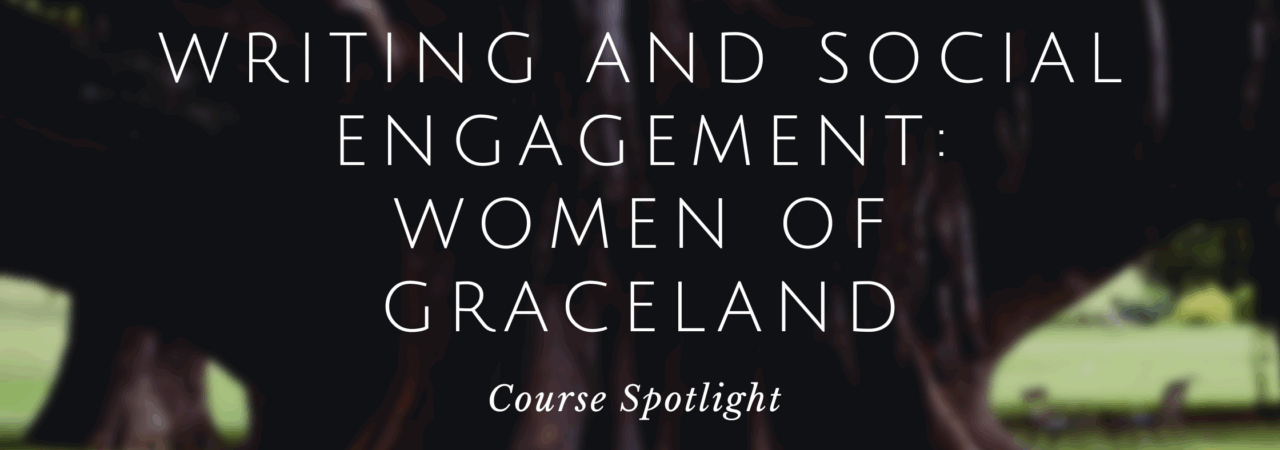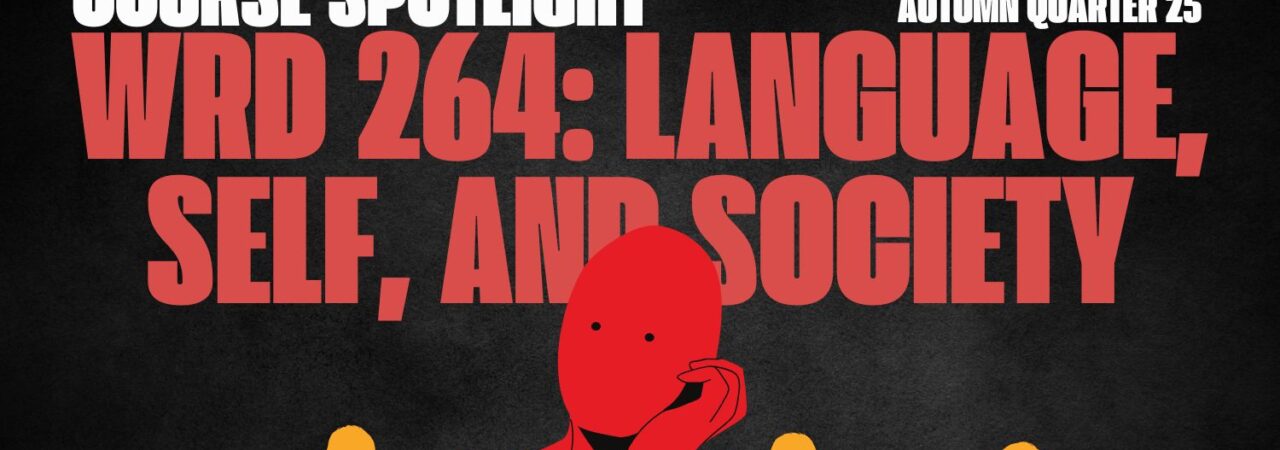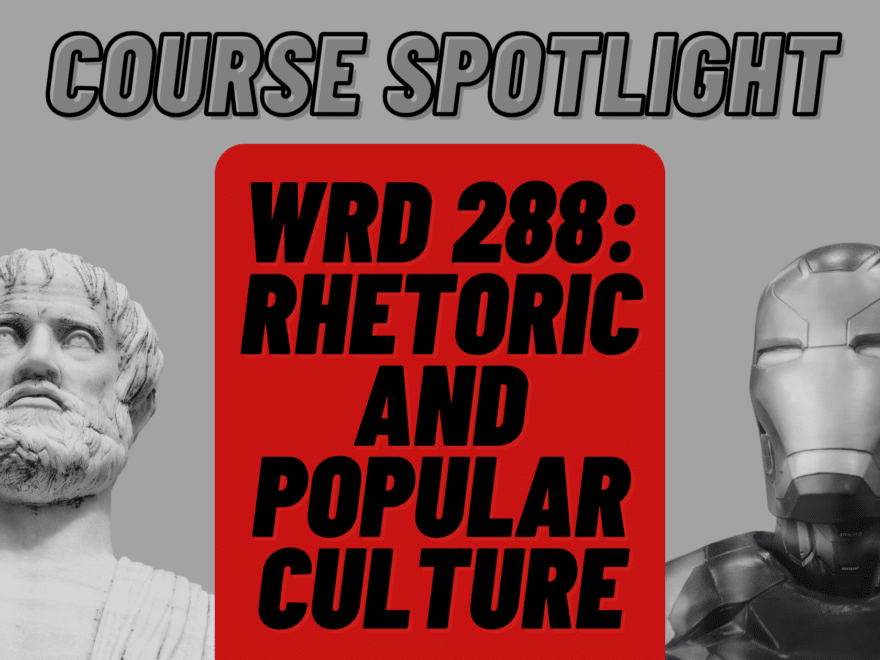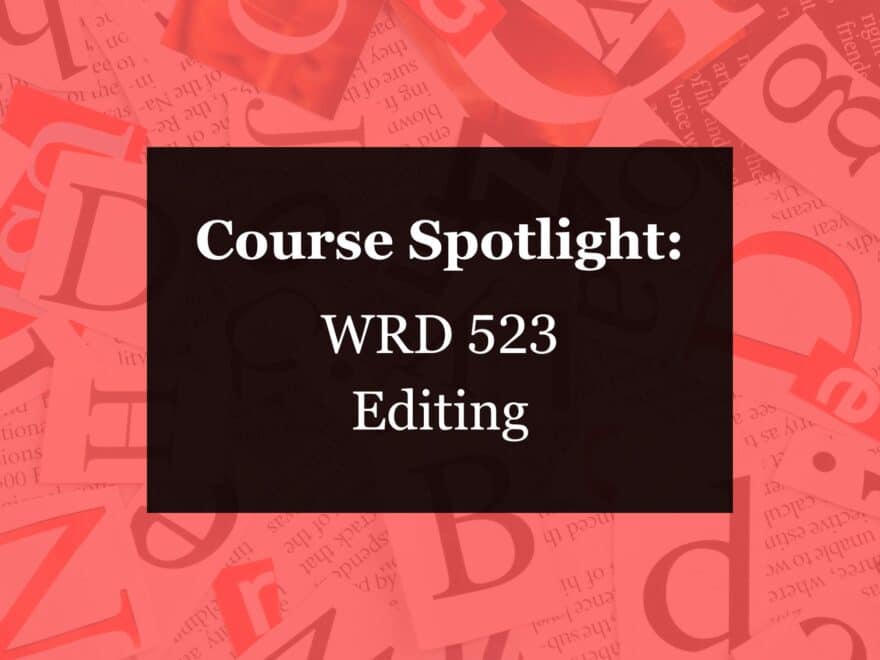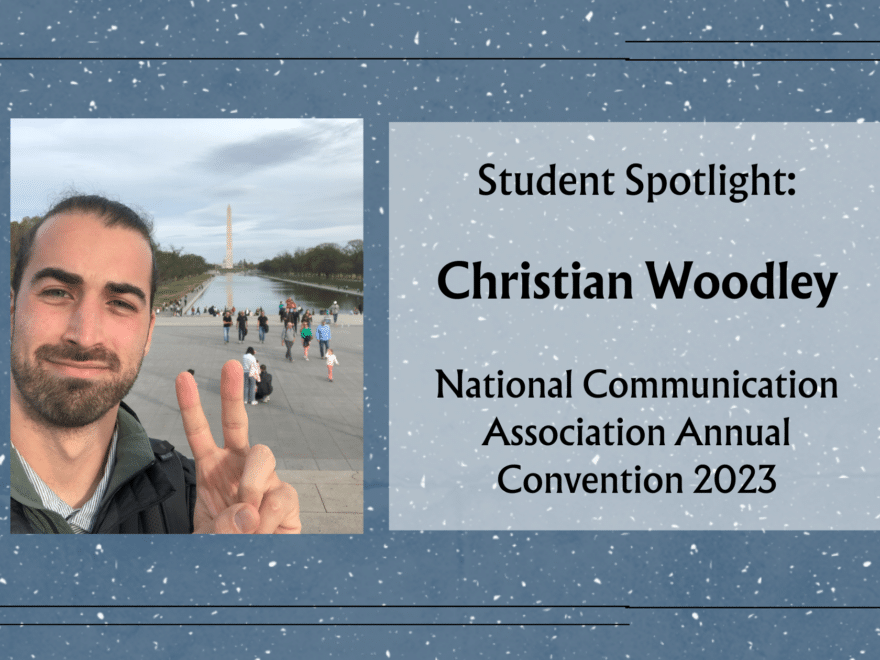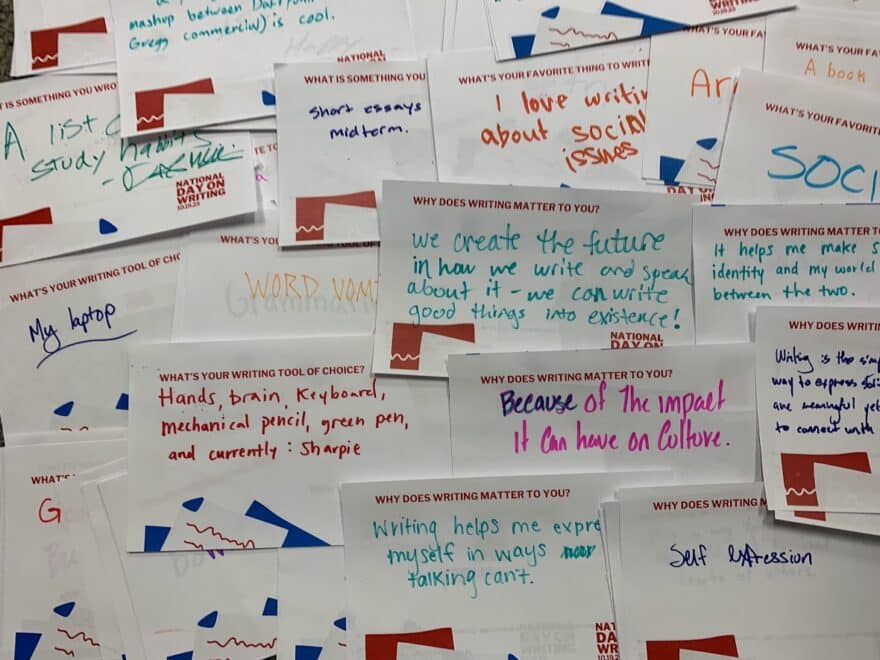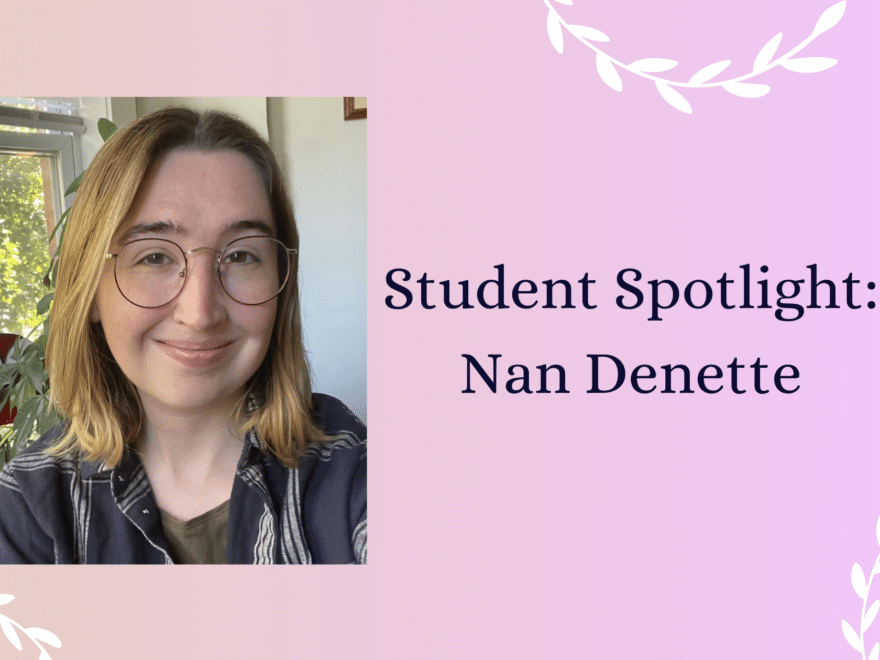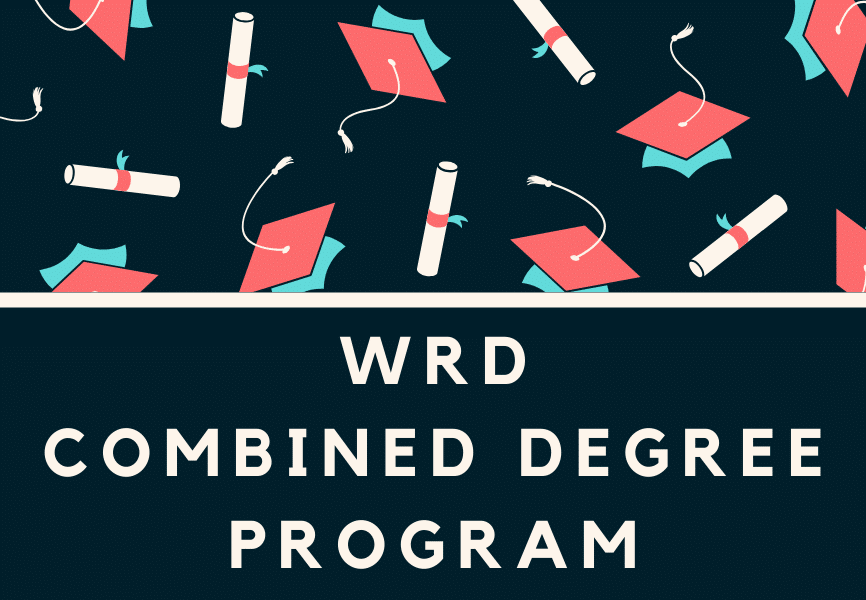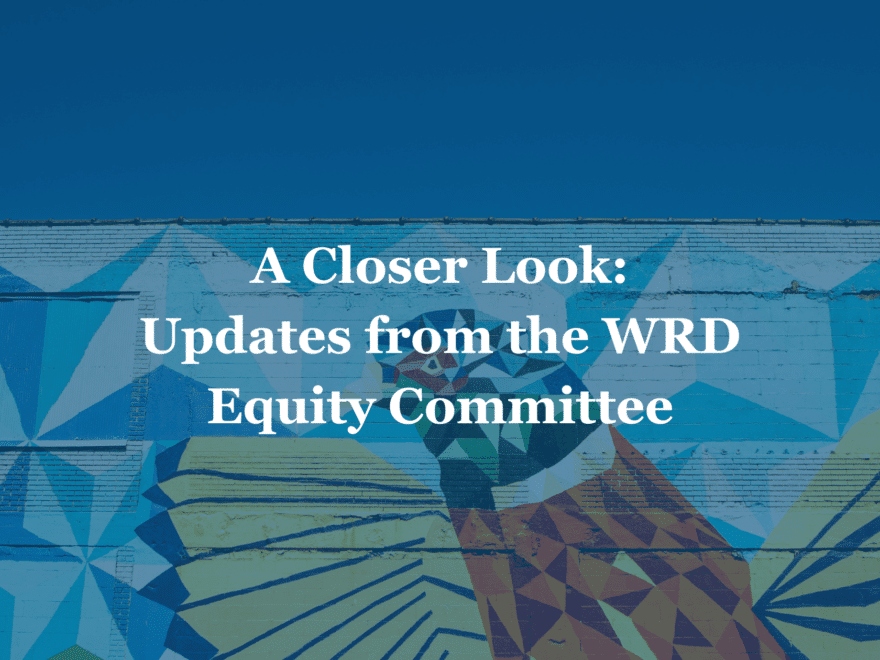Did you know that the WRD Department offers two Combined Degree Programs that can help you save time and money while you earn your Bachelor’s and Master’s degrees? Learn more about the advantages of these programs to see if a Combined BA/MA is right for you.
Continue reading
Course Spotlight – WRD 550: The Community-Engaged Writing Classroom
In the upcoming Spring Quarter, Dr. Monica Reyes will be teaching another iteration of WRD 550: The Community-Engaged Writing Classroom. This course offers theoretical and practical instruction about how to connect writing students with communities for advocacy and learning. Students will learn from WRD faculty who have taught community-engaged courses and develop ideas for community-centered student projects suitable for writing classrooms. Below, Dr. Reyes shares her thoughts on the upcoming course, encouraging students from a variety of interests in teaching to enroll. What kinds of students do you think would benefit from this course? This course would be fitting for
Continue reading